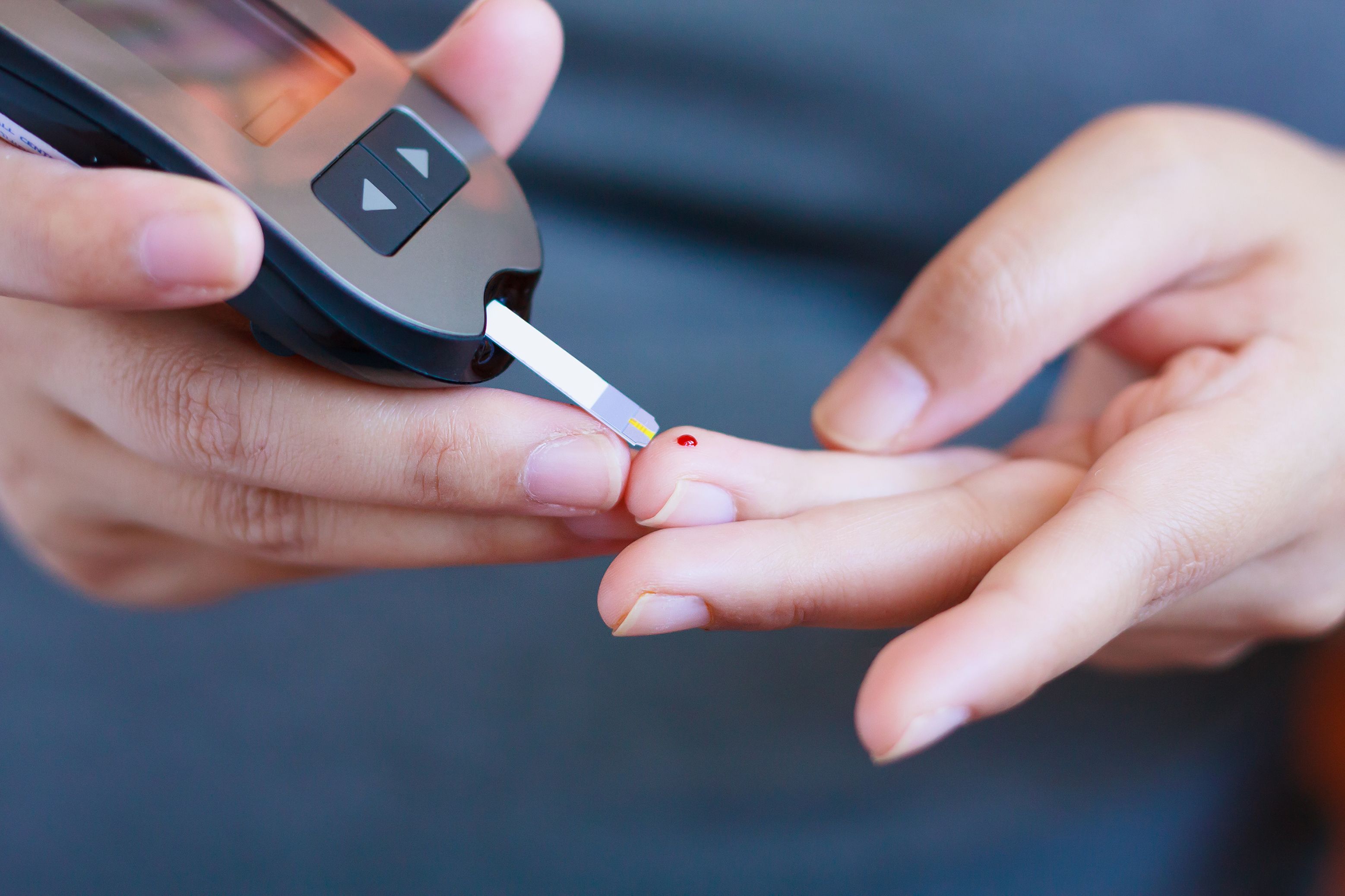The importance of blood glucose

Blood sugar or blood glucose is a term you’ve undoubtedly already come across if you read the Low Carb Program’s articles and other resources.
But what exactly is blood glucose, and why is it so important?In this article, we’ll take a deeper look at the science surrounding blood glucose, explain why your glucose levels sometimes fluctuate and how you can stop that from happening.
What is blood glucose?
The energy your body uses is glucose, which enters the body when we consume carbohydrates, or is already stored in the liver and the body’s muscles in the form of glycogen. We also create glucose from fat, protein and lactate in a process known as gluconeogenesis.[1]
Glucose and glycogen enter our body’s tissues through the bloodstream. As it flows through the circulatory system, glucose beings to dissolve, reaching the necessary tissues so that it can be used as energy. This is why the glucose circulating in our bloodstream is known as ‘blood glucose’.
How can I regulate my blood glucose levels?
Sometimes managing our blood glucose levels can feel like a balancing act: too low, and it can lead to hypoglycaemia. Too high, and it can lead to hyperglycaemia. All the while, it’s still vital we have enough glucose to feed our tissues and cells.
Keeping our glucose levels stable and preventing fluctuations helps us maintain steady energy levels, stopping us from craving sugar and reducing the risk of severe complications such as blindness, heart attacks and comas.[2]
People with type 2 diabetes have reduced insulin sensitivity. As the hormone insulin is key to regulating blood glucose levels, those with type 2 diabetes have to consider the factors that will affect their glucose levels, as this is necessary to lower the risk of secondary health complications. [3]
Why do my glucose levels fluctuate?
Several factors can cause your glucose levels to spike, including poor activity levels, dehydration, and stress.
Alongside this, diet greatly influences your glucose levels, particularly the amount and type of carbohydrates you consume. As carbs can directly affect your glucose levels, eating too many foods rich in carbohydrates can dramatically increase your blood sugar. While other macronutrients can also cause changes in your blood glucose, carbohydrates remain the biggest culprit.
How can I improve my blood glucose levels?
With carbohydrates causing higher blood glucose levels, one of the best ways to stabilise our blood sugars is by reducing the number of carbohydrates we eat. Cutting down on the amount of starchy and sugary carbohydrates we eat while incorporating more protein, healthy fats and fibre into our diet can contribute to lowering blood sugar levels and reducing fluctuating blood glucose.[4]
If you want to take control of your blood glucose levels, a low carb lifestyle can help make managing your diabetes easier through sustainable dietary changes. The Low Carb Program offers support through live education sessions, exercises classes, and cookalongs while providing access to a library of thousands of healthy low carb recipes.
References
1) Zhang X, Yang S, Chen J, and Su Z. (2019). Unravelling the regulation of hepatic gluconeogenesis. Frontiers in Endocrinology, 9. doi:10.3389/fendo.2018.00802.
2) Kanter JE and Bornfeldt KE. (2016). Impact of diabetes mellitus. Arteriosclerosis, Thrombosis, and Vascular Biology, 36: 1049-1053.
3) Galicia-Garcia U, Benito-Vicente A, Jebari S, Larrea-Sebal A, Siddiqi H, Uribe KB, Ostolaza H, and Martín C. (2020). Pathophysiology of type 2 diabetes mellitus. International Journal of Molecular Sciences, 21(17): 6275. https://doi.org/10.3390/ijms21176275.
4) Goldenberg JZ, Day A, Brinkworth GD, Sato J, Yamada S, Jönsson T, Beardsley J, Johnson JA, Thabane L, and Johnston BC. (2021). Efficacy and safety of low and very low carbohydrate diets for type 2 diabetes remission: systematic review and meta-analysis of published and unpublished randomised trial data. BMJ. doi: 10.1136/bmj.m4743.








